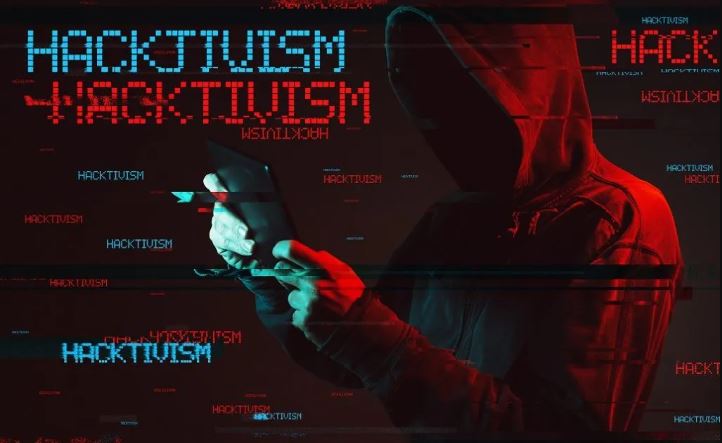In the digital age, hacktivism (a blend of “hacker” and “activism”) has emerged as a controversial phenomenon that combines hacking techniques with political or social activism. But what exactly is hacktivism? Is it just another form of cybercrime, or is it a legitimate method of digital protest? This article explores the definition, methods, and major hacktivist groups around the world.
📌 What is Hacktivism?
Hacktivism refers to the use of hacking skills to promote political or social causes. Hacktivists often expose corruption, protest against governments or corporations, or support human rights by hacking websites, leaking sensitive data, or disrupting online services.
🛠 Common Hacktivism Techniques
💾 Data Breaches & Leaks – Publishing confidential documents to reveal corruption.
💥 DDoS Attacks – Overloading government or corporate websites to protest policies.
🌐 Website Defacements – Altering website content to spread political messages.
🦠 Malware Deployment – Using cyberattacks as a form of digital resistance.
🚀 Famous Hacktivist Groups
🕶 Anonymous – The most well-known hacktivist collective, targeting governments and corporations to expose injustices.
🎭 LulzSec – Infamous for attacking government and financial institutions for fun and challenge.
📂 WikiLeaks – Not a hacking group, but relies on leaked data from hackers to publish classified information.
🆚 Hacktivism vs. Cybercrime
| Aspect | Hacktivism | Cybercrime |
|---|---|---|
| Purpose | Political/Social | Financial gain or sabotage |
| Methods | Protest hacking | Data theft, malware, fraud |
| Impact | Exposing corruption, pressuring authorities | Financial losses, identity theft |
⚖️ Is Hacktivism Legal?
Despite its activist motives, hacktivism is illegal in most countries, as unauthorized hacking is considered a cybercrime. Even if the goal is ethical, breaking into systems without consent is punishable by law.
🛡 Conclusion
Hacktivism is a double-edged sword—it can be used to defend freedoms and expose wrongdoing, but it also carries legal and ethical risks. While some view it as digital resistance, governments classify it as an illegal act of hacking. The debate on hacktivism vs. cybercrime continues as digital activism evolves.
Source:
For more details, visit Matrix219.Net.





